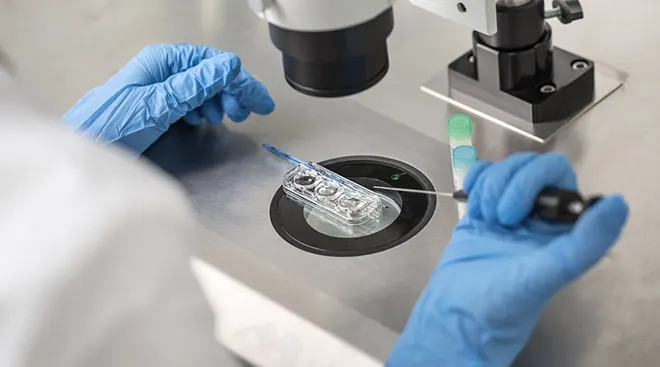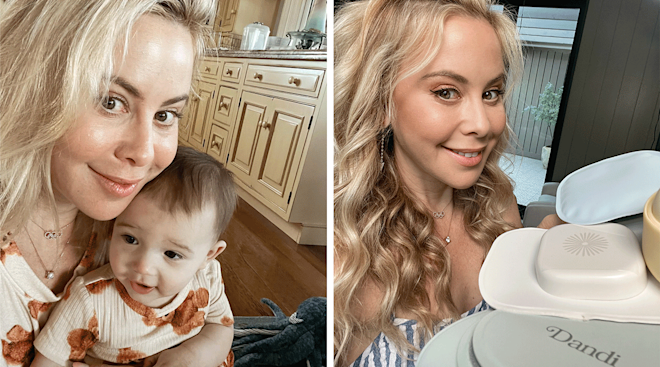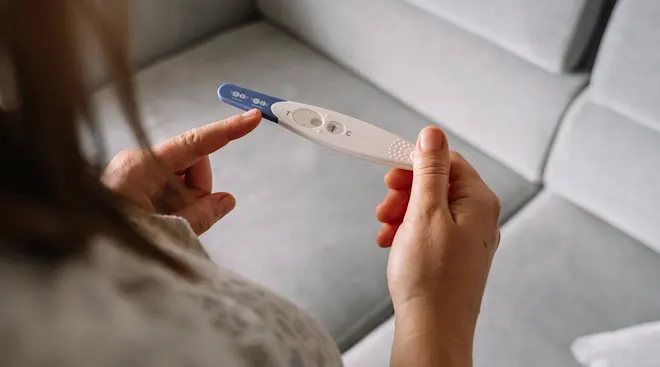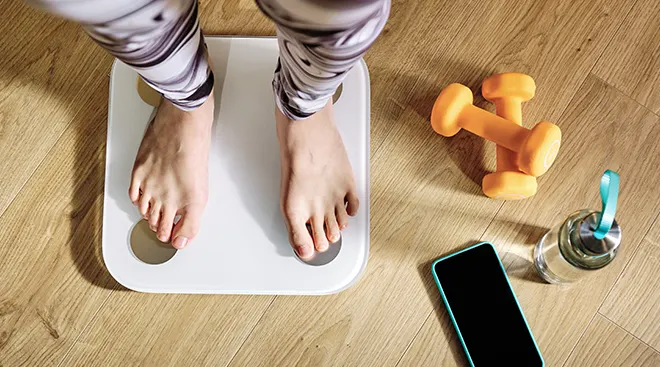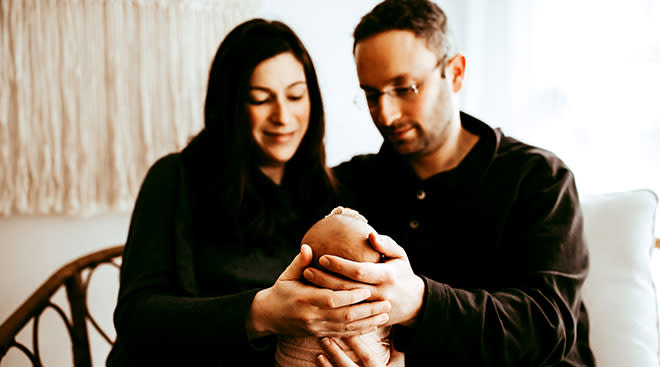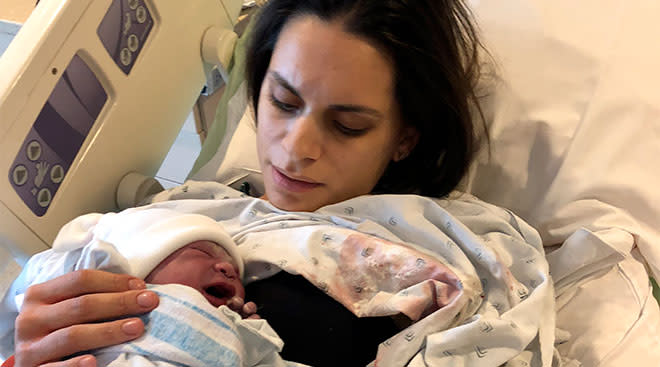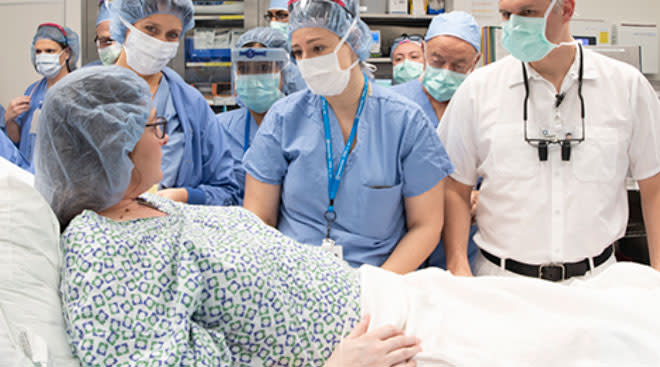Things No One Tells You About Secondary Infertility
A recent report by the National Center for Health Statistics (NCHS) estimates that there are more than 3 million US women with one child that have a difficult time getting pregnant again — or even carrying another baby full-term. The NCHS also estimates that 800,000 women with a child are unable to conceive again after a year of trying. [Updated 11/13/2013]
After getting pregnant once, most couples assume conception will go similarly the second time around. But that’s not always the case. Here, writer Melissa Chapman reveals how much of a struggle secondary infertility can be.
When my daughter was two and a half years old, the barrage of questions as to when my husband and I were going to give her a sibling came fast and furiously. Unfortunately, after nine months of trying to conceive the old-fashioned way — and even incorporating some accessories to take the drudgery out of our mandatory “lovemaking sessions” — no amount of hot wax or fur-lined handcuffs were able to procure us a viable fetus.
It’s insanely difficult to accept
Being in my early thirties and having already conceived (via just one roll in the hay), we couldn’t wrap our hearts and minds around the fact that there might be a problem. So we tried and tried, to the point of exhaustion at times, but after a year of waiting each month and forking over a small fortune on ovulation predictors and e.p.t tests, our optimism began to founder. We knew it was time to find out why our bodies were suddenly failing us.
We met with a reproductive specialist, who flat-out told us that I wouldn’t be able to conceive without extreme intervention. We got a second opinion, and unfortunately, the second physician diagnosed us with secondary infertility and advised us that our best odds at conceiving were via medical intervention.
You feel guilty about feeling sad
For my husband and me, the whole process of dealing with our diagnosis of secondary infertility and the battery of tests that ensued — having my fallopian tubes essentially snaked and his sperm scrutinized; months of painful injections, blood tests, sonograms and crazy mood swings — took a very heavy toll on our marriage. Unlike primary infertility, with secondary infertility there’s this unspoken stigma attached to it. Essentially, since you’ve already had a child, there’s this perception that you should be happy with what you have and that those who have never conceived are worse off than you. Secondary infertility puts you in this unique position — in the sense that you feel like you don’t truly qualify to grieve about being infertile and yet you are still experiencing all those same things the never-had-a-baby infertile couples go through.
Someone you know may be going through it
While there are some who may wear their secondary infertility status like a badge of honor, eight years ago when I was smack-dab in the infertility trenches, I just didn’t feel like sharing my private hell with anyone else. I also vividly recall wanting to deck every friend and family member who, during those difficult months, endlessly questioned me about when I was going to expand my family. In fact, I even toyed with the idea of blurting out — on more than one occasion — to a handful of relatives this very statement: “Well, I’ll tell you how our next insemination goes, after my husband ejaculates into a cup and we rush it over to our doctor’s office.” Of course I never said any such thing; rather I smiled sweetly and said, “We are hoping it will happen soon.”
Now, eight years later, as I look into the eyes of my seven-year-old son, born out of my secondary infertility treatments, I feel like that stigma is still very much alive and well. The bottom line is this — regardless of whether or not you have ever had a child, when you are told you can’t do something as natural as carry a baby, it hits you at your most basic level. And no one should ever have to feel ashamed or apologize for that.
Please note: The Bump and the materials and information it contains are not intended to, and do not constitute, medical or other health advice or diagnosis and should not be used as such. You should always consult with a qualified physician or health professional about your specific circumstances.
Plus, more from The Bump:
Navigate forward to interact with the calendar and select a date. Press the question mark key to get the keyboard shortcuts for changing dates.

































